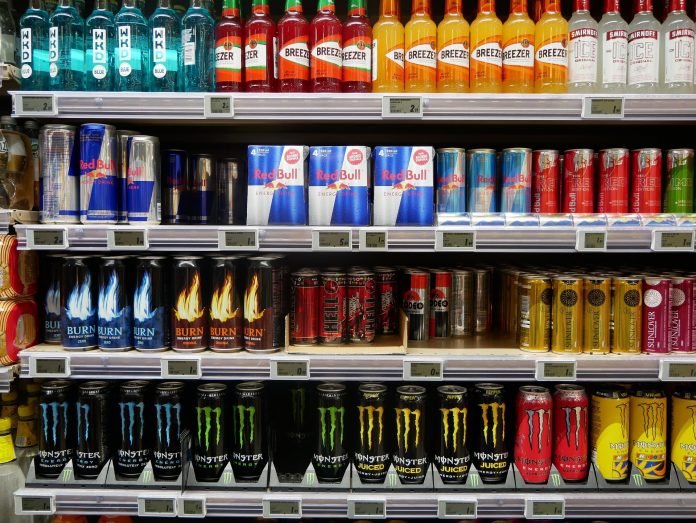Energy drinks are famous beverages designed to increase strength, alertness, and focus. These include ingredients that improve mental and physical aspects, such as caffeine, sugar, B vitamins, herbal extracts, and amino acid derivatives such as L-taurine. Although they can offer benefits, energy drinks still have various side effects associated with excessive caffeine, sugar, and the content of their artificial sweeteners. Some of the main issues are dependency and addiction. This blog considers energy drink addiction, its causes, side effects, and how to quit energy drinks.
What is the meaning of energy-drink addiction?
Despite its harmful effects, addiction is a psychological disorder that requires a persistent tendency to consume a substance or participate in actions. They may not seem as dangerous as food addictions or alcohol addictions. So what can make certain people addicted to energy drinks? They include many possibly habit-forming ingredients, such as caffeine, sugar, or artificial sweeteners.
Symptoms of Addiction
Addiction to the energy drinks may include addictive symptoms linked to the functioning of the brain and nervous system. There are many kinds of energy drink brands available worldwide. Few various withdrawal symptoms are as follows:
- Strong cravings
- Unable to monitor the consumption of energy drinks
- Other warning symptoms of withdrawal from energy drinks are headaches, depressed mood, irritability, and exhaustion.
Various side effects
An energy drink addiction may have various harmful side effects.
- They are acidic, for starters, and constantly drinking them will discolor your teeth and wear off your enamel over time. It can make you more susceptible to dental problems, for example, cavities. This side effect is more troubling if you drink full-sugar drinks daily.
- Additionally, repeated consumption of energy drinks can contribute to weight gain. Studies have also linked regular energy drinks and sugar-sweetened beverages to chronic health problems like heart disease, diabetes, and kidney problems.
Reasons behind addiction
An addictionmay happen slowly or quickly. Numerous factors, including your personal and family background and brain chemistry, play a role in deciding how an addiction evolves. Addictions can be made based on a psychological perspective, as well. For example, some people may feel they can’t do their daily tasks without energy drinks, leading them.
How to stop drinking energy beverages?
Although quitting may seem hard, there are various ways on how you can quit drinking these drinks. The two primary ways to overcome addiction are as follows:
Quit cold turkey
It means stopping all energy drinks at once, which can lead to signs of withdrawal. However, it will ultimately help your body to recover more rapidly from an energy-drinking addiction than the daily intake.
Cut the intake
It means slowly and gradually reducing the intake of energy drinks until you can quit. Although it takes longer, this usually helps prevent signs of withdrawal.
All approaches have advantages and disadvantages, so choosing one that fits your current lifestyle and personality is better.
Top Replacements
Often, the best way to overcome an addiction is to replace it with something similar. Below are some safer alternatives in caffeine, sugar, and artificial sweeteners, either free or lower:
- Drink coffee
- Water flavored with the fruits
- Sparkling, preferably unsweetened water
- Green tea with sparkling bottled varieties
- Teas made from herbs or fruits
- Fermented tea
There’s nothing as the best energy drink. It is all a myth!
The above tips make it clear that drinking energy beverages won’t help you with your fitness regime. You can otherwise opt for other options, as suggested in the blog.

